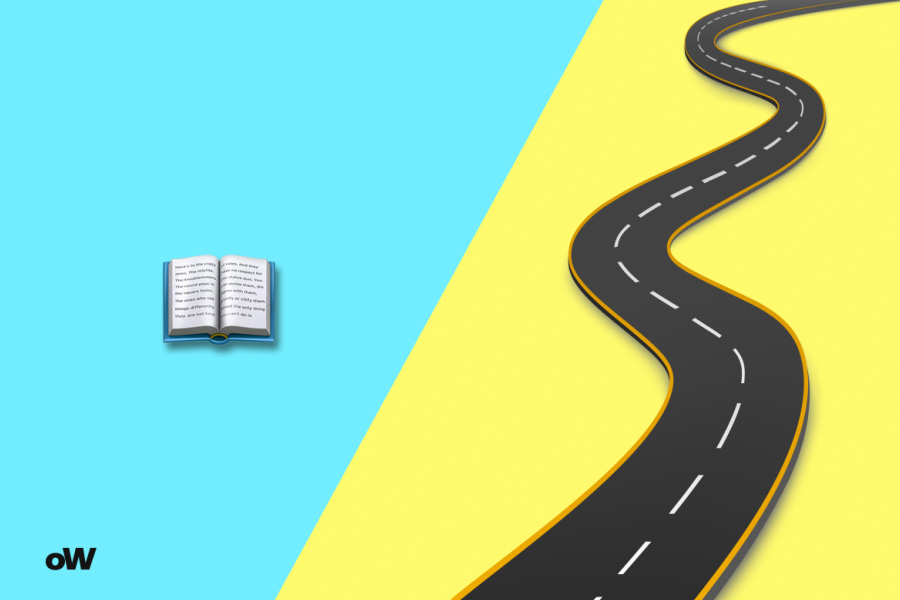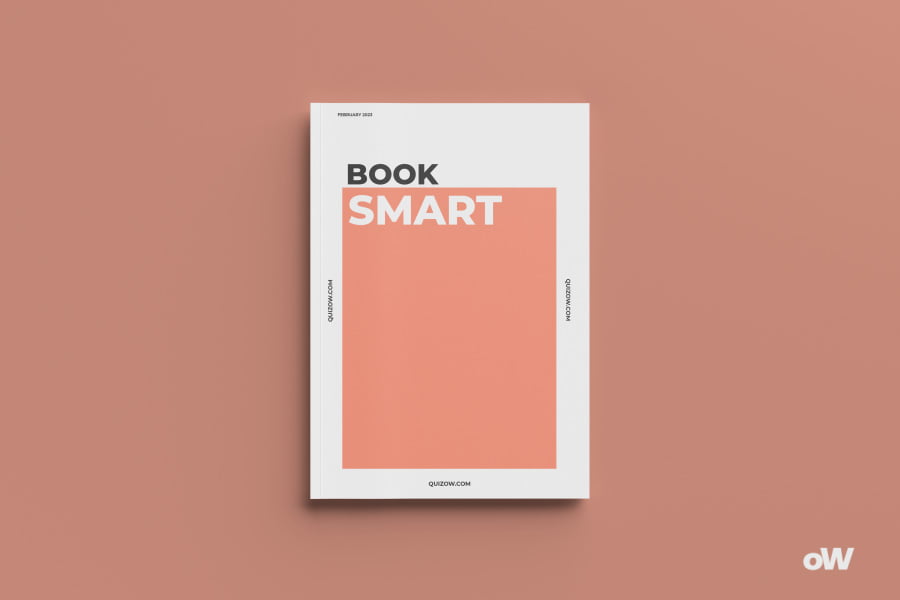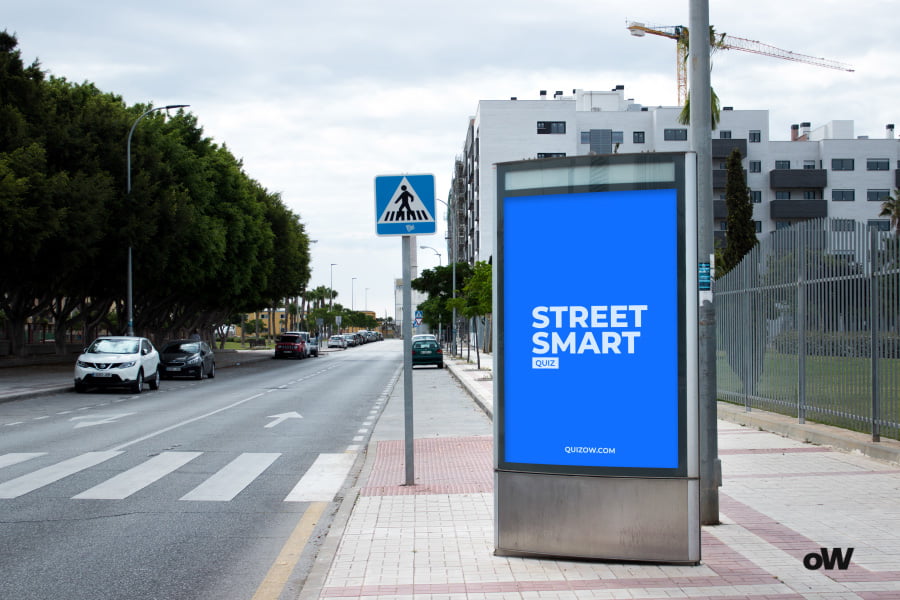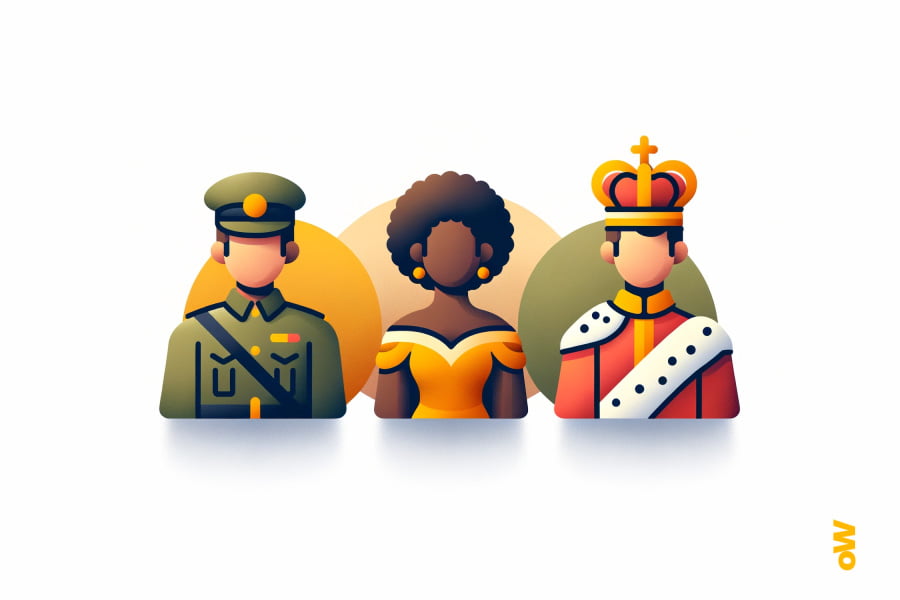Quiz: Are You Book Smart or Street Smart?

In my childhood, my grandmother often repeated: “A smart person isn’t the one who knows a lot, but the one who knows how to apply that knowledge.” Back then, these words seemed strange to me – how could one be smart without knowledge? Years later, I understood the depth of this folk wisdom when I encountered real-life situations where academic knowledge proved useless without practical wit.
What Does It Mean to Be Smart?
Intelligence is a remarkably multifaceted phenomenon that manifests itself in the most unexpected situations. Each of us has met at least one person who, despite lacking prestigious education, impressed us with their deep understanding of life and ability to find ways out of complex situations.
In today’s world, there are many ways to demonstrate intelligence. Some brilliantly solve mathematical problems, others create stunning works of art, while others masterfully conduct negotiations or manage large teams. All these skills require different types of thinking and approaches to problem-solving.
What Does It Mean to Be “Book Smart”?
Those with book smarts are true intellectual explorers. They’re like treasure hunters who can spend hours diving into one topic, uncovering layer after layer of information. Their minds work like well-tuned computers, systematizing and analyzing data.
A vivid example is my university friend Michael. He could talk for hours about quantum physics and solve the most complex mathematical problems, but would get lost in simple everyday situations. Once, he spent three hours creating an optimal route for shopping, using complex algorithms and calculations. As a result, half the stores were closed because he hadn’t accounted for it being a holiday.
People with developed book smarts often:
- Have an extensive vocabulary and easily operate with complex terms
- Love to structure information and create classifications
- Excel at written assignments and tests
- Prefer to plan ahead and follow instructions
- Are good at remembering facts and dates

What Does It Mean to Be “Street Smart”?
Those with street smarts are like experienced surfers who masterfully catch the wave of opportunities in the ocean of life situations. They don’t spend time on lengthy analysis but act intuitively, relying on their experience and natural wit.
I remember my neighbor Pete – a true master of street wisdom. He never read psychology books but knew how to approach anyone. Once, I watched him resolve a conflict between two neighbors over a parking spot. Instead of delving into rules and laws, he offered a simple solution: organize a parking schedule and jointly repair the yard entrance. As a result, the neighbors not only stopped fighting but became friends.
Typical traits of street-smart people:
- Quickly orient themselves in new environments
- Easily make acquaintances and maintain conversations
- Know how to negotiate and make deals
- Find unconventional solutions to everyday problems
- Are good at recognizing other people’s emotions

Key Differences Between “Book Smarts” and “Street Smarts”
Imagine two groups of tourists in an unfamiliar city. The first group, consisting of “book smart” people, will carefully study the map, check the guidebook, and strictly follow the planned route. The second group, where street-smart people predominate, will ask locals for directions, trust their intuition, and easily change plans if they find something interesting.
These differences are particularly evident at work. A “book smart” employee will first study all instructions and regulations, create a detailed action plan, and methodically follow it. A “street smart” specialist will more quickly adapt to the team, learn informal rules from colleagues, and find shortcuts to solving problems.
It’s interesting to observe these types in stressful situations. When our office had an unplanned visit from an important client, the “book smart” employees were at a loss – there was no ready scenario for action. But their “street smart” colleagues instantly organized an impromptu presentation, ordered coffee, and created a relaxed atmosphere. This ability to improvise and create a special vibe is a characteristic feature of people with street smarts.
What Will You Learn from the Quiz Results?
Our quiz will help you see the peculiarities of your thinking in different life situations. For example, how you act when you need to:
- Plan a vacation
- Resolve a conflict with a colleague
- Learn a new skill
- Organize an event
- Find a way out of an unexpected situation
The results will show in which situations you more often rely on formal knowledge, and where you engage intuition and street smarts. This will help you better understand your strengths and thinking patterns.
How to Develop Both Types of Intelligence?
Developing intelligence is like tending a garden: it’s not enough to just plant the seeds, you need to create conditions for growth and maintain balance. Similarly, it’s important to develop both types of thinking so they complement each other.
To develop book smarts, you can:
- Master new areas of knowledge beyond your specialty
- Practice solving logical problems and puzzles
- Keep an observation journal and analyze your experience
- Learn to structure information using diagrams and tables
- Discuss books you’ve read with others
To develop street smarts, it’s useful to:
- Meet new people from different fields
- Travel and immerse yourself in new cultural contexts
- Try solving problems in different ways
- Engage in creativity and improvisation
- Learn techniques and approaches from experienced practitioners
It’s important to remember that developing intelligence isn’t a sprint but a marathon. Don’t expect instant results or try to completely change your thinking type. Instead, focus on gradually expanding your arsenal of thinking tools.
Each of us has our natural inclinations and preferred ways of solving problems. Some find data analysis easier, others excel at communicating with people. And that’s wonderful! The diversity of thinking types makes our life richer and more interesting.
Ultimately, the most effective solutions often emerge at the intersection of book and street smarts. When we learn to use both approaches, we become more flexible and successful in different life situations. It’s like being bilingual – the more ways you have to express your thoughts, the easier it is to find common ground with the world around you.
Disclaimer
This quiz is designed for entertainment purposes only. The results are not scientifically validated and do not constitute professional advice or assessment. The quiz results are meant to be fun and should not be used as a basis for any life decisions or as a substitute for professional consultation. If you need personalized guidance, please consult with appropriate qualified professionals.
Questions Overview
- Trial and error, figuring it out as I go
- Researching and gathering information before making a decision
- Collaborating with others to find a solution
- Hitting up local bars and clubs
- Attending a cultural event or visiting a museum
- Having a game night with friends
- Ask for directions from a stranger
- Use your phone's GPS to navigate
- Trust your instincts and try to find your way
- Through hands-on experience
- Through reading or watching instructional material
- Through a combination of both
- Street smarts
- Book smarts
- Both are equally important
- I'm willing to take risks if the potential reward is worth it
- I prefer to avoid risky situations altogether
- It depends on the situation
- I take a break and try to relax
- I make a plan and take action to alleviate the stress
- I seek support from friends or family
- Entrepreneur
- Doctor
- Lawyer
- I tend to go with the flow and take things as they come
- I plan my schedule meticulously
- I have a general routine but can be flexible
- Action or comedy
- Drama or documentary
- I like a mix of different genres
- I try to resolve it by talking things out
- I research and analyze the situation before taking action
- I try to find a compromise that works for everyone
- I tend to make decisions quickly and go with my gut
- I take my time and weigh all the options before deciding
- It depends on the decision
- Backpacking or road-tripping
- Luxury vacations with planned itineraries
- A mix of both
- I watch or listen to the news regularly
- I stay informed through social media and online news sources
- I don't really follow the news
- I'm outgoing and enjoy meeting new people in social settings
- I prefer to get to know people through shared interests and hobbies
- I like a mix of both






